- AfDB warns African countries against borrowing
The Federal Government has approved a three-year plan to borrow more from abroad, Finance Minister Kemi Adeosun said on Wednesday after the economy slipped into recession for the first time in more than 20 years.
According to Reuters’ report monitored by Business247 News Online, the government has so far disbursed more than 400 billion naira in capital expenditure this year, part of a record 6.06 trillion naira ($30 billion) budget for 2016, Adeosun said last week
But with lower oil prices and attacks on oil facilities, it has struggled to fund its budget, aimed at averting the recession.
Data on Wednesday showed Nigeria had slipped into recession and the naira was quoted at a new record low of 420 per dollar on the black market as chronic hard currency shortages continued to hurt businesses. The news sent its dollar bonds down to more than two-week lows.
Adeosun said the drop in oil prices had accelerated the recession and that Nigeria had to tackle structural problems that had stoked inflation. She said interest rate hikes were not the answer.
“If we rely on oil and the price of oil remains low and the quantity of oil remains low, we can’t grow. We have to grow our non-oil economy,” she told reporters in Abuja after a cabinet meeting.
Adeosun said the government would look for soft loans in addition to tapping the commercial Eurobond market and that the West African country was negotiating with institutions including the World Bank, China Eximbank, the Development Bank of Japan and the African Development Bank.
Nigeria has said it wants to switch its debt mix so that 40 percent of loans would come from abroad, compared with 16 percent now, and extend its debt maturity profile.
It plans to borrow as much as $10 billion from debt markets, with about half of that coming from foreign sources and is seeking advisers to manage a $1-billion Eurobond it intends to offer this year.
Adeosun said monies from the Eurobond would be spent on power transmission projects, solid mineral development and agriculture.
She said the World Bank was providing $150 million for polio immunization.
The medium-term borrowing plan, which covers 2016-2019, will now be sent to parliament for approval. Reuters said.
Even today, the President of African Development Bank (AfDB), Mr. Akinwumi Adesina, advised African governments to boost tax revenue and steer clear of international borrowing as the region is faced with worst economic slump in more than a decade.
The AfDB chief in a report by the Financial Times said that the call became necessary because he expected the downturn in Africa, which has resulted in the decline in commodity prices as well as the slowdown in China, to last for, at least, the next three years.
He acknowledged that Africa was facing a debt challenge but stressed that “there has to be a lot more fiscal consolidation”.
Adesina said that expanding the tax base and improving the efficiency of tax administration would be the easiest ways to boost public finances.
According to him, the tax-to-GDP ratio in sub-Saharan Africa was about 14.5 per cent, compared with more than 30 per cent for most developed nations. “So, a lot more needs to be done to expand the tax base in Africa. Today it’s about $500 billion a year [for the region], which is much better than it used to be, but we need to expand that.”
The AfDB chief said not only was it risky for governments to borrow overseas because many African currencies were weakening and the US Federal Reserve appeared set to raise interest rates again this year, but also unnecessary.
“Instead of African countries running off to raise a lot of eurobonds, I think there’s huge amounts of capital available more locally that we must tap for Africa’s development,” Adesina said, adding that borrowing should only be undertaken to finance projects that enhance economic growth.
He revealed that African pension funds had a pool of $334 billion, sovereign wealth funds $164 billion and there was some $56 billion of foreign direct investment looking for bankable projects.


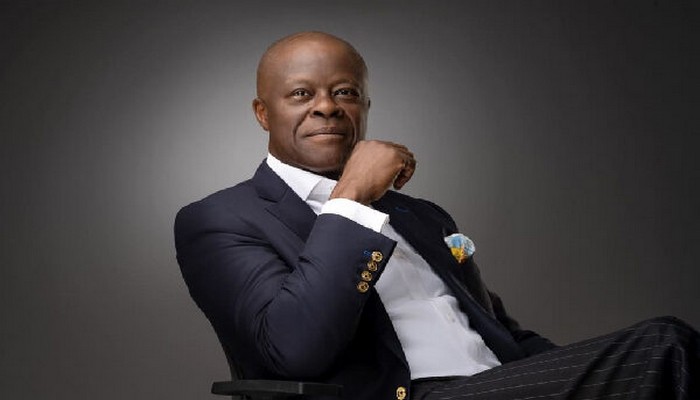


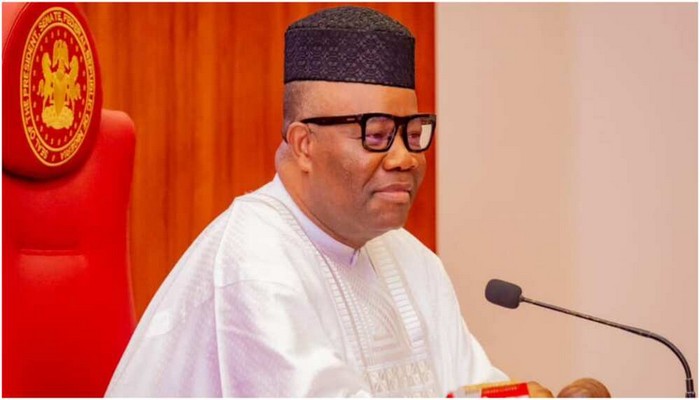

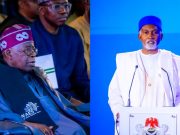



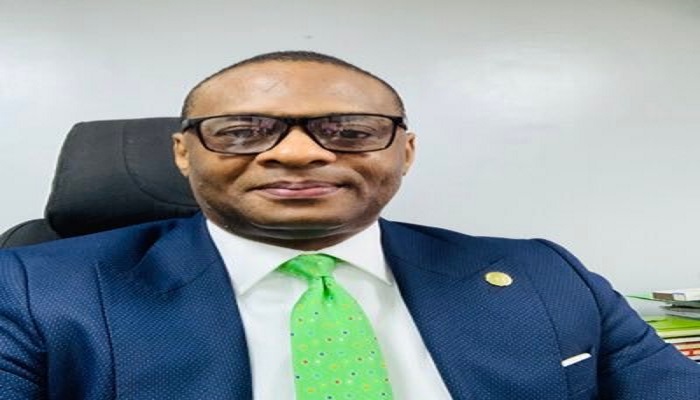








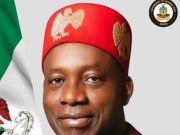













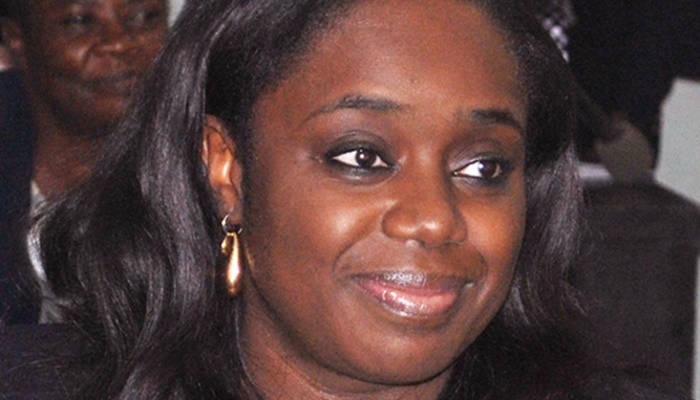




Comments are closed.